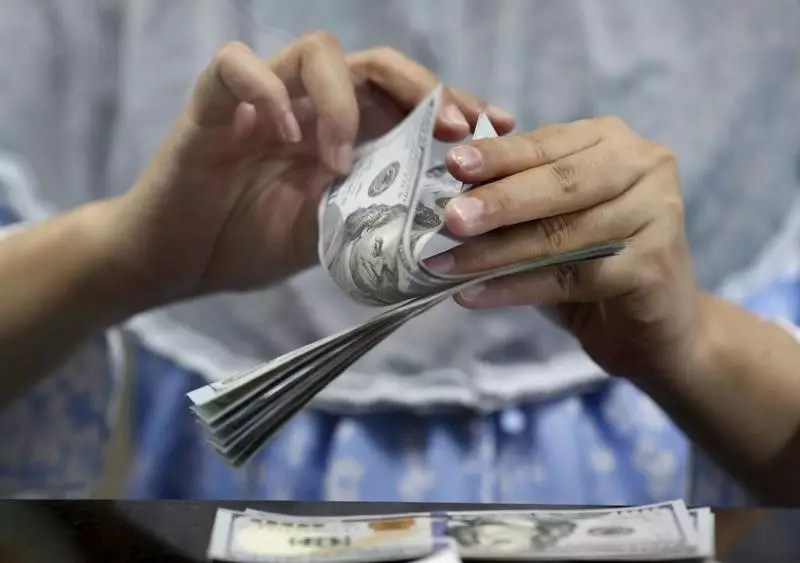In the ever-fluctuating world of finance, currency values are often susceptible to political currents. Recently, the U.S. dollar has seen an uptick, attributed to the reemergence of the “Trump trade”. This shift comes as Republican frontrunner, Donald Trump, gains traction in the lead-up to the upcoming presidential election. However, amidst this seemingly favorable news for the greenback, it’s essential to dissect the implications and potential longevity of this trend.
Rationale Behind the Dollar’s Rally
As Donald Trump solidifies his candidacy, markets have begun to recalibrate, reflecting the perceived possibilities of his return to power. The increased likelihood of a Trump victory has led traders to view the dollar as an appealing prospect, an effect touted as a “Trump trade.” This kind of behavior is not new; previous election cycles have shown that investor sentiment often sways with political narratives. However, this time, significant financial entities like UBS caution against overly optimistic views.
UBS’s analysis is particularly insightful: while they predict a brief upsurge in the dollar’s value in the event of a Trump win, they assert that this may not signify solid, sustainable growth. Instead, they recommend taking advantage of short-term gains by divesting during stronger rallies—a contrarian approach that underscores the nuanced dynamics at play.
Barriers to Long-Term Growth
One of the intricacies of market behavior is understanding the difference between a short-term spike and long-term sustainability. Trump’s policies, while resonant with certain factions of the electorate and investors, do not guarantee prolonged dollar strength. Historical performance suggests that political volatility often creates immediate impacts that lack foundational support for lasting currency appreciation. UBS’s prediction that the euro could rise against the dollar towards 1.16 by 2025 serves as a sobering reminder that currency values can be unpredictable and often subject to international economic factors beyond American politics.
Moreover, the upcoming election’s unpredictable nature adds layers of complexity. Current polls indicate a competitive race where Trump does have a slight edge over Vice President Kamala Harris, yet elections can be highly dynamic, with public sentiment shifting rapidly. Such uncertainty can generate volatility in currency markets that is not adequately reflected by temporary bullish trends.
Investing in currency during times of political upheaval requires a measured approach. The recent rise in the dollar’s value may be enticing for speculative investors; however, it’s critical to view this through a broader lens. Financial advisors like UBS urge caution, emphasizing that while the narrative surrounding Trump may currently drive market sentiment, it is essential to remain aware of the potential pitfalls associated with transactional short-sightedness. Savvy investors would do well to prepare for a landscape where the dollar’s performance is not solely dictated by domestic political shifts but is rather intertwined with global economic frameworks and long-term strategic outlooks. As always, informed decision-making will be the key to navigating the turbulent waters of currency investment.


Leave a Reply